Analysis of "Go and Catch a Falling Star" - by John Donne
BEFORE YOU START READING PLEASE CONSIDER THAT THE FOLLOWING ANALYSIS OF JOHN DONNE’S POEM ‘GO AND CATCH A FALLING STAR’ ONLY CONTAINS SOME BRIEF INFORMATION WHICH ARE NOT USUALLY TAUGHT IN THE SCHOOL.THE NOTE EXCLUDES THE OBVIOUS
AND SIMPLE FACTS YOU FIND IN THE INTERNET AND IN LITERATURE GUIDEBOOKS etc.
Background of the poem
John Donne is widely recognized as a metaphysical poet lived in the 16th century. It is important to understand that he lived from 1572 to 1631, thus in different texts he is identified as both an Elizabethan and a Jacobean era poet. Like most of the aristocratic poets, Donne too refused to print his manuscripts and as a result of that they are printed posthumously, and they become the greatest hits, sometimes questioned and criticized in the 17th to 18th centuries.
Most of the commentaries found on this particular literary work usually categorize it merely to a comic poem which lacks gravity in its themes. This leaves a question of doubt – why such a prominent metaphysical poet lacks
psychological and moral analysis in one of his masterpieces- or he intentionally does so to ironically attribute a
greater meaning to the poem so that it applies to both sophisticated and unsophisticated audiences with individual meanings.
The most obvious characteristics of the poem are its exaggerated misogyny, flippancy, chauvinism, sexism, lightheartedness, cynicism, and comedy. That said, let’s have a look at the poem trying to understand the denoting and
connoting meanings line by line.

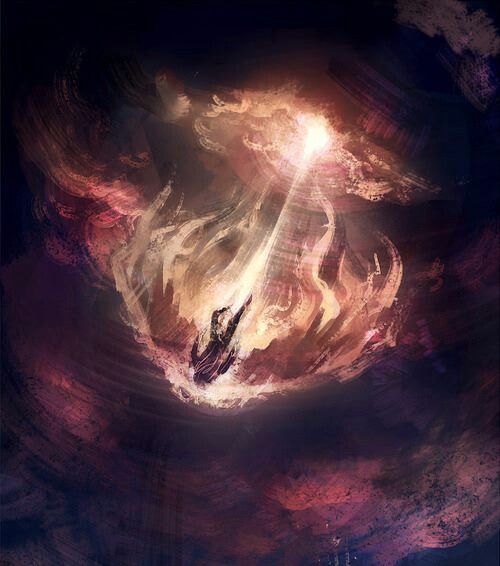
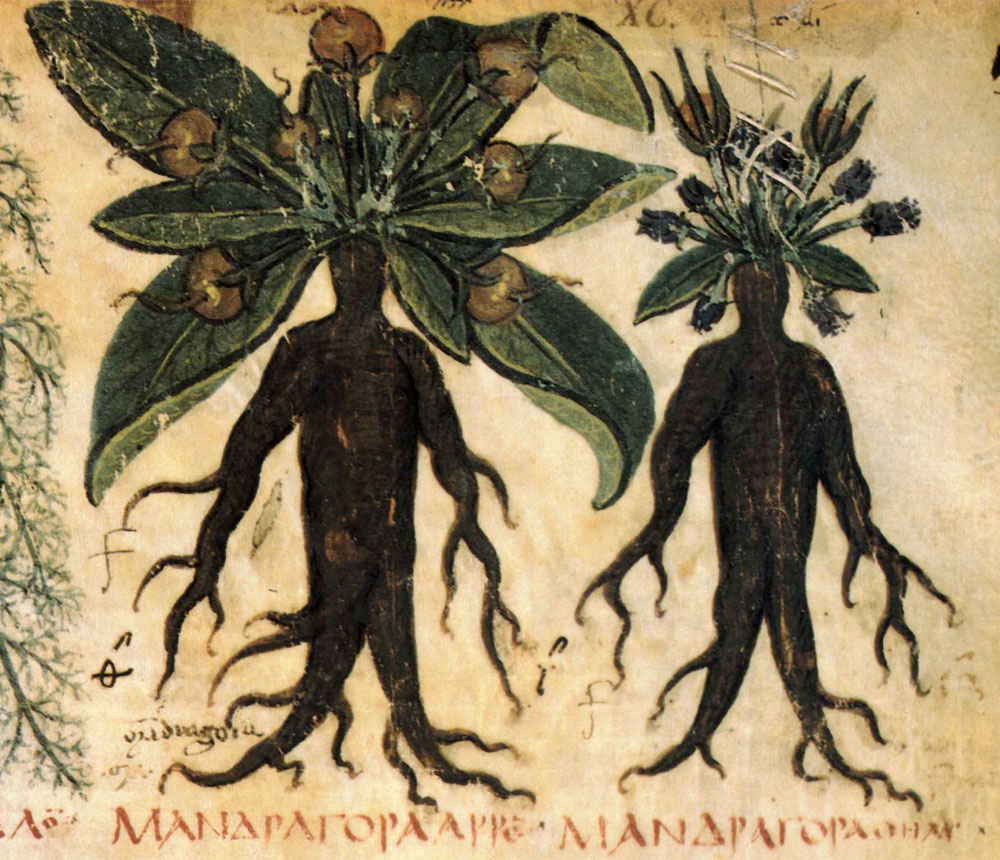

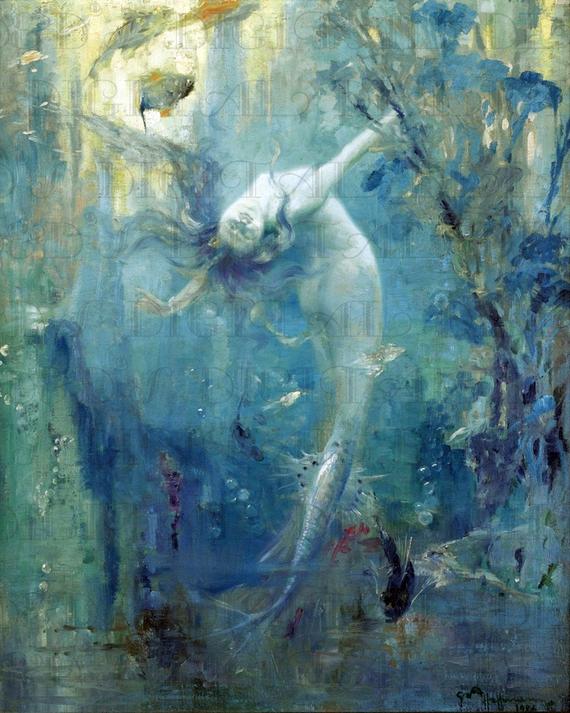
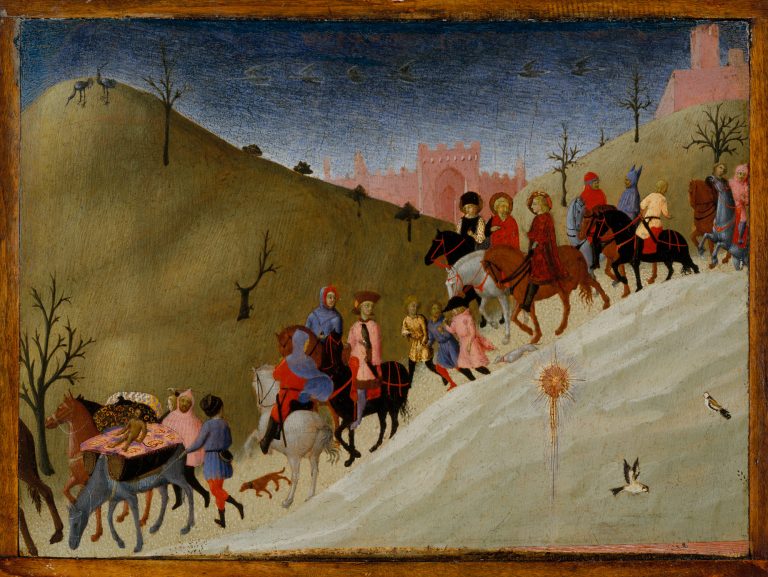
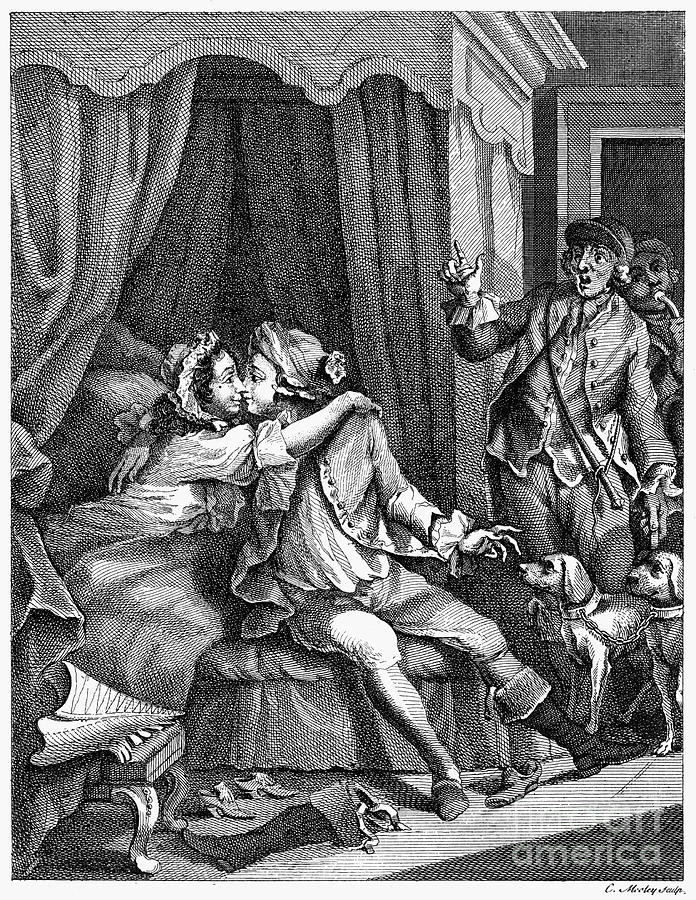
Even though it is mentioned in the analysis that the most obvious characteristics of the poem are its exaggerated misogyny, flippancy, chauvinism, sexism, light heartedness, cynicism, and comedy; those are the outward expressions
grasped by the usual critiques. To understand the complex theory of Donne I will drag William Shakespeare to this lesson. The story in short goes like this;
Roderigo Lopez was a Jewish who was appointed as the doctor of queen Elizabeth I. He attempted to assassinate her, was disclosed, and was extremely tortured for treason. It was said that his body was ripped open while making sure he was alive to suffer. All this happened during the year of 1594. The entire Jewish generation was detested by the Christian community after this plot, and the Jewish were severely harassed by the society. During this time
Shakespeare stages the drama “The merchant of Venice” (1596) attributing major characteristics of Roderigo Lopez to the seeming villain and the victim Shylock. He was severely discriminated by the Christian society and when he attempts to have his revenge, he loses his daughter, loses his property, and even his religion for the Christian law. The drama becomes a blockbuster of the generation as many Christians preferred to see a Jew suffering, but only a few could understand that Shakespeare was projecting a huge blow on the Christian society for their inhumane behaviour.
The same concept is visible many Shakespearean drams including Othello which is there for your syllabus, and will be discussed in the future.
In the “Song”, John Donne too seems to follow the same style. He criticizes and bruits about misogyny, sexism, prejudice, and chauvinism on women like a fifty-year-old closed minded aristocrat. (now you should understand why Donne addresses a male whose hair turns snow white after a 27 years long journey) With that he successfully conveys his meaning to the reader that it is ugly to pick on a gender and to discriminate them. (to be continued.)
Annotation
STANZA – 1 LINE – 1
Go and catch a falling star,[a]
- Catching a falling star is an impossible task
- The line is an ironical imperative
- The obedient reader mentally starts to journey as soon as the word “Go” is read, soon understands the comical irony and the futility of such a quest
- Falling star is a metaphor for Lucifer; the fallen angle. Thus in a metaphorical level, it asks the reader to dissuade someone from propelling towards one’s self destruction which is a similarly difficult task
STANZA – 1 LINE – 2
Get with child a mandrake root,[b]
- The second ironical imperative
- The archaic meaning of “get with child” is to impregnate
- Even though it seems to be humorous to be sexually engaged with a plant, the reader should understand such is not an uncommon practice of human beings to fulfill their desires. Apart from that the plant itself is widely known for its aphrodisiac value which alludes to the Book of Genesis (30:14–16) as well. Thus Donne connotes and satirizes such actions of the society in a metaphorical level.
- Follow the link to find more about Mandrake https://en.wikipedia.org/wiki/Mandrake#In_the_Bible
STANZA – 1 LINE – 3
Tell me where all past years are,[a]
- The third ironical imperative
- The narrator demands the knowledge of the history
- In a psychological level the line clearly suggests the metaphysic doctrine of the poet, where he question the relationship between possibility and actuality.
STANZA – 1 LINE – 4
Or who cleft the devil’s foot,[b]
- The fourth ironical imperative
- The devil’s foot is a metonymy which refers to the entire devil itself focusing its dualistic character
- Even though it appears to be yet another impossible task, majority of the readers fail to see the poet’s urge to know the origin of the devil; who made him
- Cloven hoof is a symbol of evil. With that idea the general attitude of the line resembles a contradictory idea to the obvious one.
STANZA – 1 LINE – 5
Teach me to hear mermaids singing, [c]
- The fifth ironical imperative
- Listening to a song of a mermaid and not dying after that is another impossible task according to mythology.
- In Homer’s ‘Odyssey’, Odyssey demands his crew to tie each other to masts of their ship and to pour wax into their ears so that they cannot be bewitched by the songs of the Sirens
- A modern interpretation of this can be seen in the movie Pirates of the Caribbean: On Stranger Tides
STANZA – 1 LINE – 6
Or to keep off envy’s stinging,[c]
- The sixth ironical imperative
- The narrator asks for a method to stay away from being jealous.
- This looks like an addition to the list of satires brought out in the previous lines again, yet the psychological insight of the poet is evident.
- This can be taken as a mirror of the contemporary society in which Donne lived where, like in every society, overwhelming ambition of the man is a major flaw of its kind.
STANZA – 1 LINE – 7,8,9
And find[d]
What wind[d]
Serves to advance an honest mind.[d]
- The seventh ironical imperative
- ‘wind’ is pronounced in Elizabethan era as [wʌɪn.d] and note its function as a rhyme
- The narrator elaborates the scarcity of opportunities for the honest, while emphasizing the prevailing mentality of his society.
- Note that the above discussed seven impossible tasks in its literal level- are later used as a mean of emphasizing the lack of Consistency of woman.
STANZA – 2 LINE – 1,2,3,4
If thou be’st born to strange sights,[a]
Things invisible to see,[b]
Ride ten thousand days and nights,[a]
Till age snow white hairs on thee,[b]
- This is the eighth ironical imperative of the poet.
- If you possess the ability to see invisible things, journey for ten thousand days.
- Note that ‘ten thousand days and nights’ doesn’t mean twenty thousand full days. The repetition of time functions merely as an emphasis on time.
- Note the grammar structure of the particular part of the stanza. It is a conditional clause. The condition is the first two lines. The quest should be taken place under the condition of having the ability to see the invisible.
- Women were considered as the ‘weaker sex’ in this era, and a woman riding (horse) alone will be considered as a major social taboo.
- Ten thousand days are approximately 27 years. To have snow-white hair after a 27 years long journey, the recipient of the poem should be at least in his early fifties. Thus Donne’s expected reader of the poem is a 45-55 years old
man.
STANZA – 2 LINE – 5,6
Thou, when thou return’st, wilt tell me,[c]
All strange wonders that befell thee,[c]
- The repetition of ‘thou’ emphasizes the involvement of the reader, and it makes him partially responsible for the upcoming male chauvinism
- Caesurae highlight the ambition of the narrator to make the reader involve into his idea
- Note how the tense supports to convey how certain the narrator is on his argument
STANZA – 2 LINE – 7,8,9
And swear,[d]
No where[d]
Lives a woman true, and fair.[d]
- The rhyming scheme strictly supports to elucidate the certainty of the narrator’s argument
- The central argument of the poem is brought out in the last two lines of the second stanza
- There is no sign of doubt in the argument, and it paints a clear picture of Elizabethan male chauvinism
- It is a common sexist belief in the Elizabethan society that beautiful women are promiscuous. The best support can be dragged out from Shakespeare’s Othello. “A fellow almost damn’d in a fair wife;” (Iago to Rodrigo Act I Scene I)
STANZA – 3 LINE – 1
If thou find’st one, let me know,[a]
- The second conditional sentence of the poem
- Makes the reader involve into the argument
STANZA – 3 LINE – 2
Such a pilgrimage were sweet;[b]
- Religious value is added to finding a woman who is both chaste and beautiful
- The subjunctive (were) reduces the probability of such a finding
STANZA – 3 LINE – 3
Yet do not, I would not go,[a]
- The coordinating conjunction (yet) introduces a turn to the flow of the poem
- The caesura implies the hesitation of the narrator
STANZA – 3 LINE – 4,5,6
Though at next door we might meet;[b]
Though she were true, when you met her,[c]
And last, till you write your letter,[c]
- The anaphora emphasizes the ephemeral consistency of the woman
- This clearly indicates how the earlier mentioned ‘Thou’ and ‘I’ unite into ‘We’- isolating ‘her’
- Caesurae throughout the lines provide time for the reader to logically analyse the argument
STANZA – 3 LINE – 7,8,9
Yet she[d]
Will be[d]
False, ere I come, to two, or three.[d]
- The coordinating conjunction turns the flow to another direction
- The doubtful tone deteriorates and becomes corroboratory
Themes
- Status of the Elizabethan woman
- infidelity
- Male Chauvinism
- Misogyny
- inconsistency of human nature
Copyright © 2019 ELSL. All rights reserved
